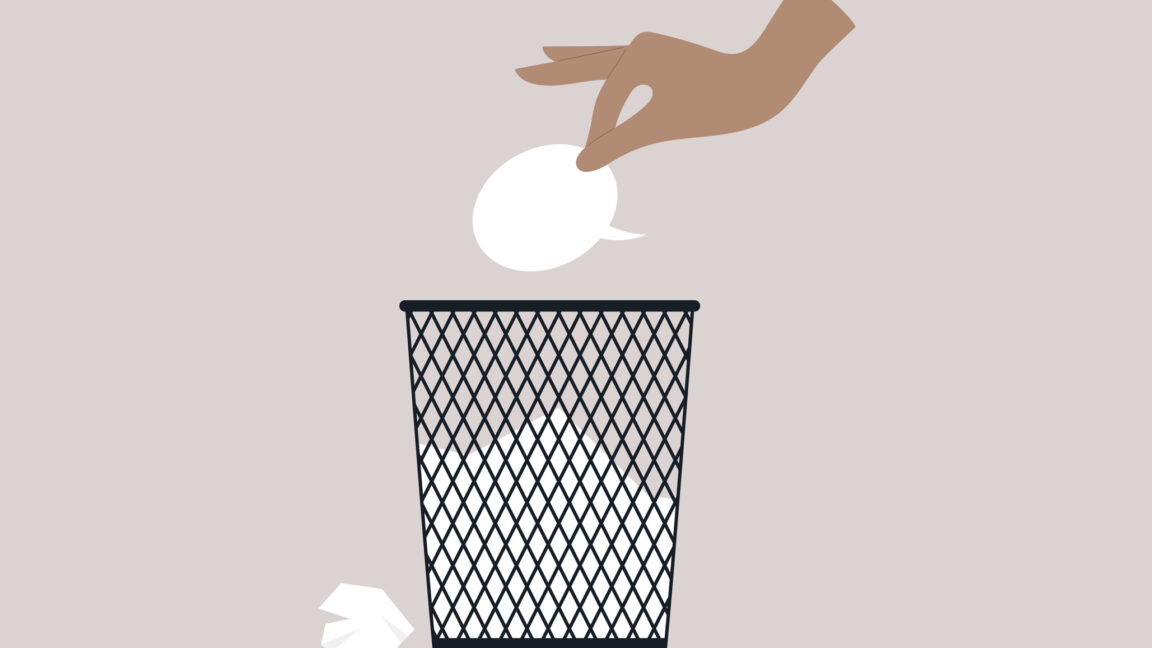OpenAI slams court order to save all ChatGPT logs, including deleted chats

“The court nevertheless required OpenAI to continue preserving API Conversation Data as well,” OpenAI argued, in support of lifting the order on the API chat logs.
Users who found out about the preservation order panicked, OpenAI noted. In court filings, they cited social media posts sounding alarms on LinkedIn and X (formerly Twitter). They further argued that the court should have weighed those user concerns before issuing a preservation order, but “that did not happen here.”
One tech worker on LinkedIn suggested the order created “a serious breach of contract for every company that uses OpenAI,” while privacy advocates on X warned, “every single Al service ‘powered by’ OpenAI should be concerned.”
Also on LinkedIn, a consultant rushed to warn clients to be “extra careful” sharing sensitive data “with ChatGPT or through OpenAI’s API for now,” warning, “your outputs could eventually be read by others, even if you opted out of training data sharing or used ‘temporary chat’!”
People on both platforms recommended using alternative tools to avoid privacy concerns, like Mistral AI or Google Gemini, with one cybersecurity professional on LinkedIn describing the ordered chat log retention as “an unacceptable security risk.”
On X, an account with tens of thousands of followers summed up the controversy by suggesting that “Wang apparently thinks the NY Times’ boomer copyright concerns trump the privacy of EVERY @OpenAI USER—insane!!!”
The reason for the alarm is “simple,” OpenAI said. “Users feel more free to use ChatGPT when they know that they are in control of their personal information, including which conversations are retained and which are not.”
It’s unclear if OpenAI will be able to get the judge to waver if oral arguments are scheduled.
Wang previously justified the broad order partly due to the news organizations’ claim that “the volume of deleted conversations is significant.” She suggested that OpenAI could have taken steps to anonymize the chat logs but chose not to, only making an argument for why it “would not” be able to segregate data, rather than explaining why it “can’t.”
Spokespersons for OpenAI and The New York Times’ legal team declined Ars’ request to comment on the ongoing multi-district litigation.
Source link


